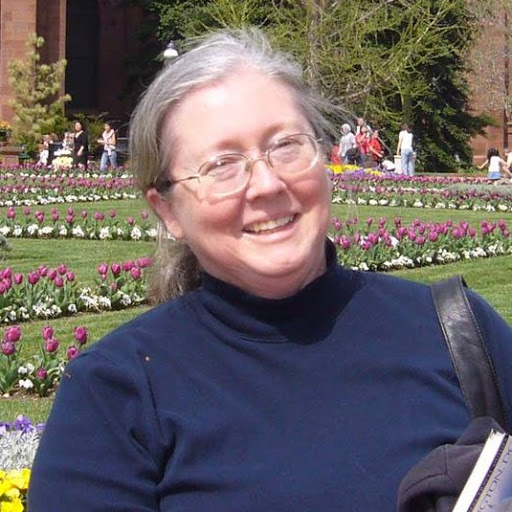Emeritus Faculty joined us in celebrating the Samuel M. and Janet L. Cohen Distinguished Professorship award.
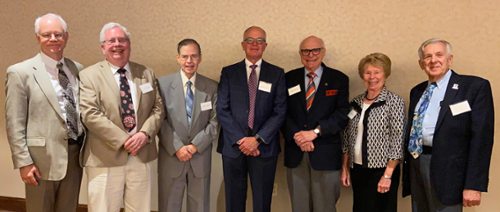
From left: Steven Hinrichs, MD, James Talmadge, PhD, James Landmark, MD; James Wisecarver, MD; James Newland, MD; Mary Haven, MS; Charles Kuszynski, PhD. Not shown: S. James Booth, PhD; Steven Carson, PhD; Nora Chapman, PhD; Rodney McComb, MD; Phyllis Muellenberg, MA; Steven Tracy, PhD and Dennis Weisenburger, MD.
 |
John J. Baker, MD, Professor Emeritus |
 |
S. James Booth, PhD, Professor Emeritus Medical Education |
 |
Steven D. Carson, PhD, Professor Emeritus Hemostasis, human genetics, virology, biochemistry Dr. Carson's personal website (carsonscience.com). |
|
|
Nora M. Chapman, PhD, Professor Emeritus Virology and molecular biology |
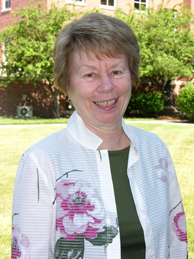 |
Mary C. Haven, MS, Professor Emeritus Clinical Chemistry |
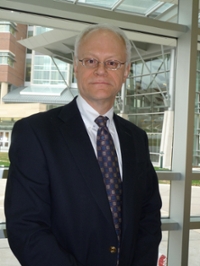 |
Steven H. Hinrichs, MD Dr. Hinrichs is the previous Chair of the Department of Pathology and Microbiology, former Director of the Nebraska Public Health Laboratory (NPHL) and was the University of Nebraska Center for Biosecurity. In his past position as laboratory director he has been responsible for the development of a statewide program for the rapid identification of biological agents of mass destruction. He is principal investigator of multiple national awards from the Association of Public Health Laboratories (APHL) and the Centers for Disease Control and Prevention (CDC) and the Department of Defense for the development of an outreach program to extend training and expertise in the early recognition of biological warfare agents. Dr. Hinrichs is past Chair of the APHL committee on Management and Information Systems and is a strong advocate for further development of communication systems and electronic infrastructure in rural states. Under his direction, the NPHL was one of the first public health laboratories in the country to develop internet-based test ordering and reporting capabilities with the ultimate goal of real-time identification of emerging epidemics. He was the national co-leader of the Public Health Informatics Project (PHLIP) that is focused on the harmonization of electronic laboratory messaging practices. |
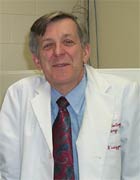 |
Charles Kuszynski, PhD, Assistant Professor Emeritus Flow Cytometry |
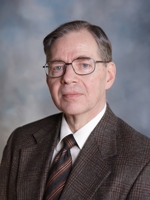 |
James D. Landmark, MD, Associate Professor Emeritus Transfusion Medicine |
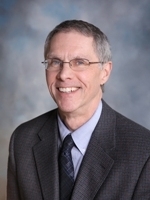 |
Rodney D. McComb, MD, Professor Emeritus Neuropathology |
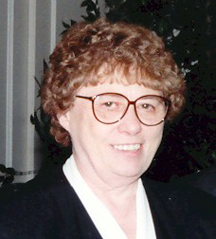 |
Phyllis Muellenberg, M.A., Professor Emeritus Clinical Laboratory Science and Education |
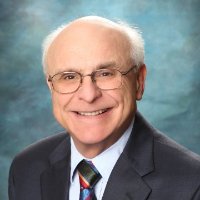 |
James R. Newland, MD, Professor Emeritus Dr. Newland is a specialist in surgical pathology. He lectures medical students and is involved in faculty development at UNMC. |
|
Stanley J. Radio, MD, Professor Emeritus |
|
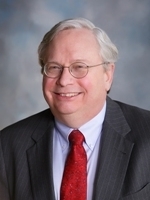 |
James E. Talmadge, PhD, Professor Emeritus Dr. Talmadge is a specialist in transplantation immunology. |
 |
Steven M. Tracy, PhD, Professor Emeritus My laboratory closed when I retired as Professor Emeritus in 2015. The primary interest of my laboratory from 1981 until retirement was understanding the biology of human enteroviruses with a focus on the group B coxsackieviruses. My lab was continually funded from diverse sources, we published numerous basic research papers, book chapters, monographs and reviews dealing with the molecular biology, immunology, and pathogenesis of the coxsackie B viruses, I trained numerous graduate students and post-docs and the laboratory was nationally and internationally known and respected. The lab illuminated the pathogenic role of the group B coxsackieviruses and developed these viruses as a valuable virological research system with which to better understand the molecular biology of enteroviruses in general. Highlights include collaboratively identifying the coxsackievirus B receptor protein on cell surfaces, clarifying the role of enteroviruses in the causation of acute myocarditis (a disease of the heart muscle which can be lethal or lead to chronic inflammatory heart disease), and demonstrating how enteroviruses can either cause or protect mice from type 1 diabetes (T1D), work which indicated that a human enterovirus-based vaccine should protect from T1D onset. The T1D work presented in depth the concept that modern living in a hygienic environment, so different from past human history, has led to the increase in T1D cases in modern times. We demonstrated different approaches to stably attenuating group B coxsackieviral pathogenicity (and by inference other enteroviruses), work intended to aid the design of safe vaccine strain strains, and demonstrated that these viruses could also be used as expression vectors as well; a patent to this end was granted. We provided the first evidence to show echovirus 22 (later termed human parechovirus 1) was not an enterovirus. Our final work discovered, and elaborated on, a hitherto unsuspected novel viral genomic deletional pathway by which enteroviral infections can persist long after the acute infection is cleared by the host immune response. Since retiring, I have maintained an active collaboration with colleagues at Creighton University studying the independently replicating extrachromosomal DNA elements in Naegleria species which encode all of the organisms’ ribosomal RNA, work which has to date resulted in 6 publications. For a complete list of publications: https://www.ncbi.nlm.nih.gov/myncbi/1N5bA07vw5s1vn/bibliography/public/ |
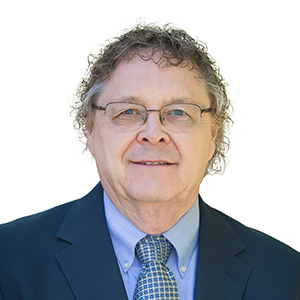 |
Dennis Weisenburger, MD, Professor Emeritus Clinical Hematopathology |
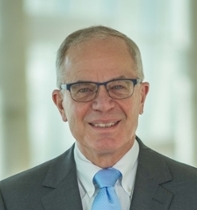 |
James Wisecarver, MD, Professor Emeritus Dr. Wisecarver was the Pathology and Microbiology Department's hospital laboratory medical director and was responsible for many improvements in service over the years. In addition, he was a highly regarded educator for medical students, residents, fellows and as Director of the Medical Technology training program. He continues to be available to the medical technology training program. He was active on the national front as a Past President of the American Association of Clinical Pathologists and championed the “choosing wisely” national laboratory initiative. Dr. Wisecarver's research interests included studies of mixed chimerism following solid organ and minimally ablative bone marrow transplantation. Dr. Wisecarver will provide didactic lectures to our residents and serve as a consultant on cases of interest as Professor Emeritus. |


